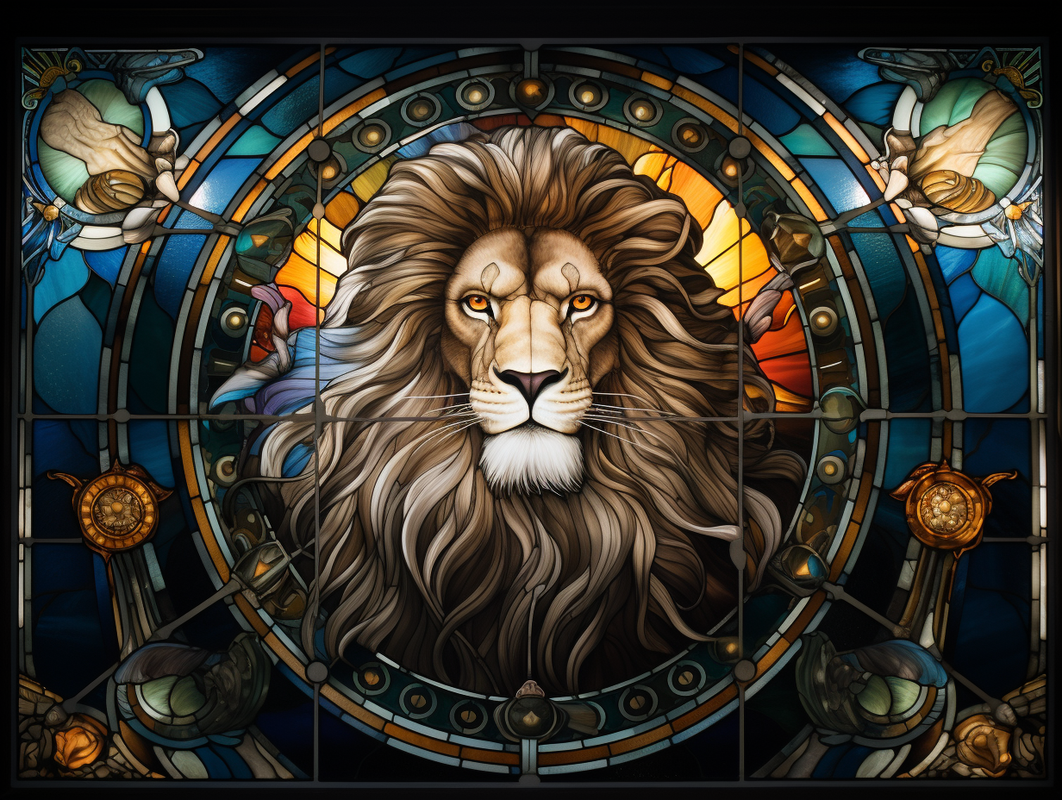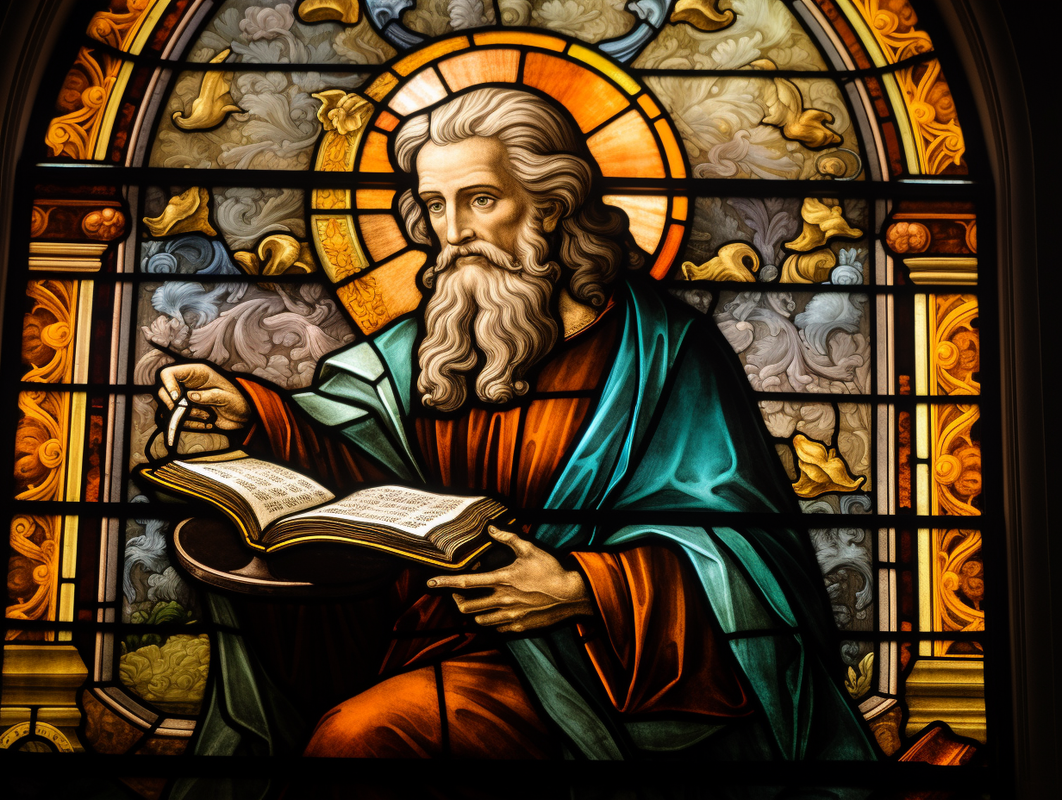|
Eyewitness accounts, while still a primary source of evidence in legal proceedings, are notoriously problematic. The act of witnessing something can be subtly altered by a number of factors: confirmation bias, the post-event misinformation effect, and the state of the particular witness before, during, and after the event can all have some impact to testimony. We forget things, we may, without bad motive, align misattribution to a story we tell about our own experience. We may hedge, or rationalize, or edit, based on things we stand to gain or lose related to the stories we tell. And people lie. (Insert eye roll here). And yet... and yet. All of known history is based on eye witness accounts. We experience events, we recount those events, we make stories of those events. Sometimes we write those stories down... and related to momentous individuals or occurances we sometimes have great interest in telling those stories accurately and well. To say that, "history is written by the victors" is incomplete. History is written by those who think the lesson of generational events is important. Sometimes those lessons are tragic, or a recounting of savagely epic and tragic defeats. The victors, as it were, just have more of a say in what history gets copied and passed on. Isn't it interesting, in light of the philosophy of history, and the axiomatic truth that eyewitnesses can be out to lunch... that Christianity, in regards to the advent of biblical literature, has a stunningly good answer to this problem? And what is this answer we ask? Four Gospels. In folk tales and in oral traditions there are surpassing versions of stories. If you look at something like the Arthurian Legends, they have a fair bit of inconsistency in their tellings. Are we looking at the Latin Chronicles, Le Morte d'Arthur, the Allerative Morte Arthure, T.H. White's The Once and Future King, or the anonymous Gawain and the Green Knight, or the myriad other sources of Arthur and the knights in his orbit? Do most people know that Lancelot was a late addition with heavy French influences? Do most people know that Arthur, in his earliest legends, is much closer to Rome than to the Medieval era? Gwynevere or no Gwynevere? Round table or no round table? Holy Grail Quest or no such mention? Is Arthur holding England together or marching off to Rome? It depends of what Arthur author you ask. Don't misread me. I adore the Arthurian Legends! I would be the very first to argue that these tales have some consistency, and highly significant parallel themes. But, even in my positive bias, I am forced to admit they are slices of great stories that do not form a cohesive whole. Rather they are versions; written takes and retakes that served different roles in expression in different times. In the Hindu tradition, you'll find similar slices of the story of Rama and his many adventures. Or of Paul Bunyon and his Big Blue Ox. It isn't that the different versions of major cultural stories exist, and that the Bible does this too, but my argument is that the Gospels take this in a radically different direction. Christianity is unique in its New Testament Gospel approach. Never, in the history of humanity, have there been four major biographies, all accepted as canon, very early on, of a major historical religious figure. There aren't four related but independent accounts of the life of Buddha, or Mohammed, or Joseph Smith or any other spiritual progenitor. With this, as in so many cases, Christianity stands alone. There are three things about the multiplicity of the Gospel narratives that I find compelling and further evidence of divine influence. 1. That They Exist at All is Incredible Who, on reading the book of Matthew or Mark, would immediately think to write it again? Who, after reading, Matthew AND Mark, would think, that's pretty good, but let's write another one, just because. Who would encourage John to take yet another swing after the Beloved Physician puts pen to papyrus? Also note that they came so early. If you research the most scholarly acclaimed biographies of Abraham Lincoln, they were written in the last 20 years. More than 100 years after he lived. With the advent of the Gospels, we have to start with: these four biographies exist, all of them standing at the pinnacle of all biographies ever written in terms of depth and scope and influence. From a human perspective, this is not a normal strategy. You would want a single story, and you would want that story to continue unchanged as much as possible (like the Koran, only being kept in its sacred form in its original language). You wouldn't want to confuse the narrative with a well intentioned second, third and fourth version. This isn't in any way a critique of biblical scholarship that tries to textually chase back passages to a proto-text "Q" that was used by all of the synoptic authors. Without getting into the weeds of Markan or Mathian priority and the byzantine labrynth of two source speculation... there is something we can say about the generation of the Gospel authors and their accounts with extreme confidence. It is simply this: They knew about each other, and they knew each other's writings and work. It is impossible to come to any other conclusion. They literally knew each other. Mark and Luke were both companions of Paul and all four Gospel writers would have had strong connections to the ongoing work of the early church in Jerusalem. They were also in direct support of the missionary journeys of Paul and the other epistles and early writings that served as encouragement to the first generation of churches. As brilliant as the first Gospel accounts were, they would have been celebrated. And we know from the sheer number of manuscripts that they were a hit. The logical thing would be to check "Jesus life story" as "done" and move on to the next thing. But that isn't what happened. Instead the Holy Spirit moved on these early Christ Followers to write it again. And again. And again. Not because they didn't get it right, but because it would add to the depth of the story and the foundation of the expression of God's love to us through Christ in a way that is deeply moving and needed for the richness of insight that God knew we would need. 2. They are Remarkable in Their Message and Vision The aforementioned biographies of Lincoln are: "Team of Rivals: The Political Genius of Abraham Lincoln" by Doris Kearns Goodwin (2005) "Abraham Lincoln: A Life" by Michael Burlingame (2008-2019) "Lincoln" by David Herbert Donald (1995) All of these biographies are quite different in focus and scope. They agree that Lincoln was a great man, a great President and in Hegelian terms, a World Historical Individual. Beyond that, they are wildly diverse in terms of style, in approach, and in key themes. Goodwin focuses tightly on Lincoln's political acumen and his cabinet as the key to his success. Burlingame goes into meticulous detail of the life of Lincoln outside of the political arena, showing how the man in his formation eventually played out on the world political stage. Donald plays it straight with a balanced and scholarly approach to life, then to Presidency. My point is that the Lincoln biographies are wildly different works, with wildly different points of interest and influence. They will often disagree about Lincoln's primary formation and motivations. They continue to write because Lincoln hasn't been adequately captured in some sense. But somehow the Gospels are not in this vein. Even with distinct authors and features, they maintain a clarity of focus which is extraordinary. They all point the same direction, using very similar styles, stories and points of view. They all portray the same Jesus. Instead of divergent tales that occasionally overlap, they are more like different eyewitness accounts of a single event. 3. The Differences of the Eyewitness Accounts in the Gospels is Singular and Compelling When one eyewitness reports an amazing story that defies belief, we frown and investigate. We look for corroborating or discounting evidence. The narrative of a single witness may even be viewed with suspicion even with a complete lack of any facts to dispute their story. We may listen. Their single report will often be enough for action and futher gathering of evidence, or may become a lead to eventually bring all the facts together. If four eyewitnesses tell exactly the same story with no variation - the conclusion among experts of evidence is that they have colluded with intentionality. They all agreed upon a story, rehearsed it, then recited it after the fact. It actually lowers the credibility of the eyewitness account instead of raising it. Too much agreement will increase the value of other circumstantial and fact finding mechanisms. But if multiple sources each independently give an accounting of events from their point of view, with subtle differences in perspective, in emphasis, and in expression while maintaining decisive agreement on the key facts and events... that account is given the most weight a piece of evidence can own. It's a slam dunk. It rings true, because it is true and the Gospels fall into exactly this kind of multiple eye witness account. The differences are tiny and helpful and easily explained, the larger themes are resonating in agreement. The Four Gospels bring us a mutlifaceted story of the life and work of Christ which becomes credible in a way that no early historical document can (or ever will) match. How can this book be meaningful in the first century and under the level of scrutiny that biblical texts undergo still be meaningful today? How can these books speak to provinces in the Roman era, then to every generation since then, then continue to speak to us? God is involved. I don't have a better explanation. That's why the Gospels, along with 10,000 other neon signposts, has convinced me that the Bible, as God's Word to us, is necessary... and it's the real thing.
0 Comments
|
Our Writers:At The Surge we love doing things together... that includes writing a blog! Here are a few of our main contributing authors: Greg JohnsonJesus++ Dwaine DarrahOur fearless leader, Dwaine is the lead pastor at The Surge. His experience in counter terrorism with the CIA prepared him for ministry and he likes dogs and babies even more than E does. EE (short for Eric Reiss) is the Wingman at The Surge and likes dogs, music, Mexican food, his wife Karen and his little girl Evangeline... not necessarily in that order. Archives
June 2024
Categories
All
|
|
|
The Surge Community Church
Meeting Sunday Mornings at The State Theatre in Falls Church, 11:10am! Rebroadcast Available Sunday Evenings with SurgeOnDemand, 7:00pm! |





 RSS Feed
RSS Feed
